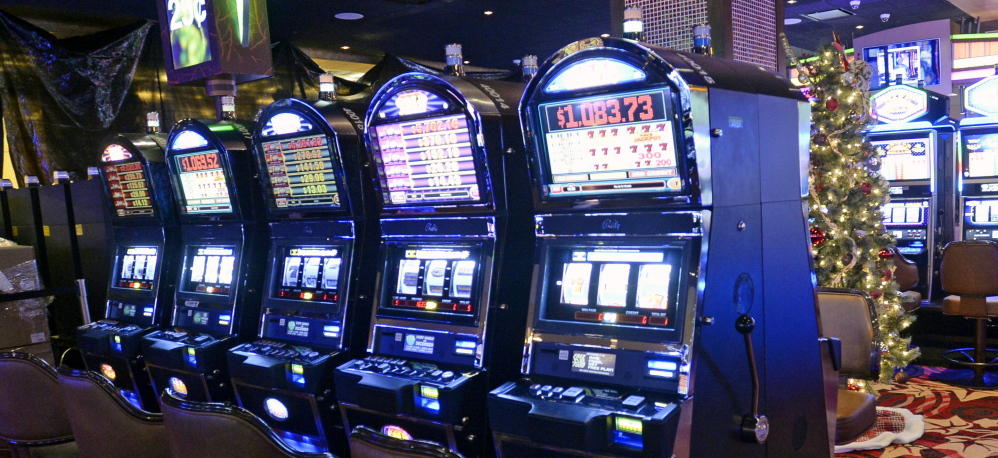For a dozen years, the gambling industry has provided Mainers with a lesson in how not to make public policy.
Well-funded industry operators write self-serving referendum questions, pay people to gather signatures and put the legislation on the ballot. They don’t always win, but when they do, they win big.
Maine now has two casinos: one in Oxford and the other in Bangor. There aren’t any in Cumberland or York counties, where they would have the greatest chance of snagging tourists, and none that benefits the state’s Indian tribes, unlike the tribes in most other states that have legal gambling.
Maine’s share in the casinos’ take is whatever the casino operators decided it should be when they wrote their ballot question, and the industry also dictates how the money is divided. So the biggest beneficiaries are in the economically stressed harness racing industry, even though other needs may be more pressing to most Mainers.
For these last 12 years, since the first referendum for an Indian-operated casino in southern Maine hit the ballot, Maine lawmakers have had the opportunity to regulate the industry, set limits on its growth and determine what share should go to the public good and how it will be spent.There is a bill carried over from the last Legislature that could do that, but voters may have to get involved first.
Right now, there are paid activists with clipboards trying to collect the 61,123 signatures needed to get another casino referendum on the 2016 ballot, the eighth such vote since 2003.
This one is backed by gambling industry player Shawn Scott, who has been on this stage before. He began by buying an interest in the Bangor Raceway, and then financed the 2003 racino referendum campaign, which passed while most of the state was fighting over a proposed Indian-run casino in Sanford.
After the election, Scott sold his interest in the Bangor track to Penn National, and the company developed Hollywood Slots, which is now Hollywood Casino.
Scott’s new play calls for the state to issue a license to operate a slot machine parlor with table games in York County.
Anyone who meets the eligibility criteria spelled out in the referendum question is welcome to apply for this license, but the legislation is very specific about what those criteria are.
The successful applicant has to have owned at least 51 percent of a commercial racetrack in Penobscot County in 2003.
In other words, the successful applicant has to be named Shawn Scott.
This comes packaged as a citizen-initiated piece of legislation, but it’s really something else – an end run around the legislative process that is available to anyone who has enough money.
Regardless of how they feel about casino gambling, Mainers should be insulted by this attempt to abuse our laws for the benefit of out-of-state business interests.
If they don’t like being treated this way, Mainers should send the gambling industry a message and refuse to sign the petitions. If the question makes it onto the ballot, they should vote no.
But the Legislature also should do something. The passive approach to regulation is not working.
Lawmakers should make some choices about whether gambling opportunities should expand, and if so, where and how the state will participate in the proceeds.
Until then, Maine will be a mark for referendum campaigns like this.
Send questions/comments to the editors.



Success. Please wait for the page to reload. If the page does not reload within 5 seconds, please refresh the page.
Enter your email and password to access comments.
Hi, to comment on stories you must . This profile is in addition to your subscription and website login.
Already have a commenting profile? .
Invalid username/password.
Please check your email to confirm and complete your registration.
Only subscribers are eligible to post comments. Please subscribe or login first for digital access. Here’s why.
Use the form below to reset your password. When you've submitted your account email, we will send an email with a reset code.